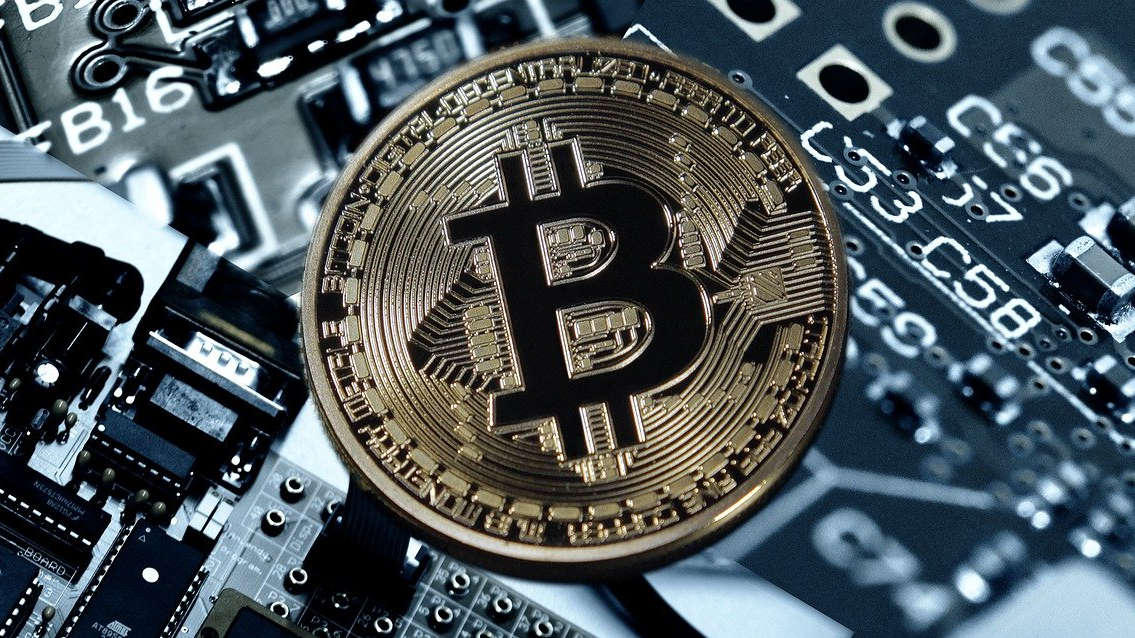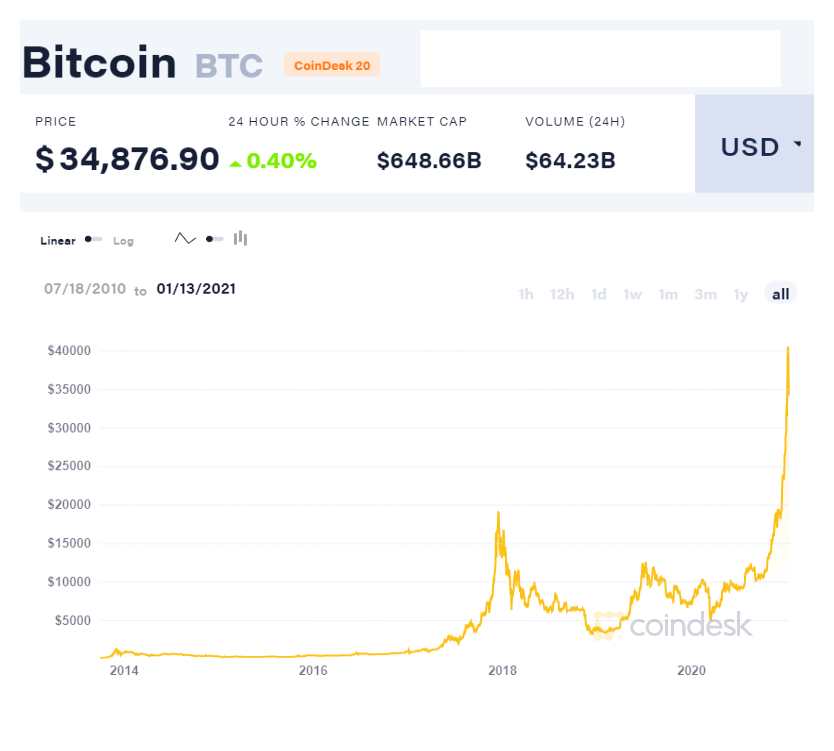Password trouble means $240 million in bitcoin is two incorrect attempts from destruction
But it's okay, the owner is apparently still loaded.

There's a single password separating San Francisco-based programmer Stefan Thomas and 7,002 bitcoins. That's over $240 million worth.
In a story all too familiar in cryptocurrencies short lifespan, another would-be crypto-millionaire has gone and lost the keys to their fortune. Thomas was reportedly paid the significant sum of bitcoin a decade ago, the New York Times reports, which he then stashed away for 'safe' keeping. Ten years on, and the password for his stuffed digital wallet has long been resigned to the depths of his mind, and Bitcoin's value has skyrocketed to $34,000.
And if knowing there was $240 million in bitcoin locked behind a prison of your own creation wasn't bad enough, Thomas only has two attempts to guess the correct combination before he can wave goodbye to his significant fortune, thanks to stringent and fairly common security protocol that will encrypt the entire drive beyond salvation following 10 incorrect guesses.
“I would just lay in bed and think about it,” Mr. Thomas told The New York Times. “Then I would go to the computer with some new strategy, and it wouldn’t work, and I would be desperate again.”
Thomas' plight is similar to a story close to home. Back in 2013, James Howells, an IT worker from Newport, Wales, accidentally threw away a hard drive with some 7,500 bitcoins stored on it. That's $260 million of bitcoin in a landfill that the local council won't let anyone look for due to safety concerns. It's also hidden under seven years of human waste by this point, so feel free to go ahead and take a look for yourself—I'll leave you to it.
But Thomas isn't quite as doomed to failure. There are two attempts left to get this password cracked, after all. The situation hitting the papers has also seen Thomas publicly offered help from security experts ready to get to work either cracking the code or bypassing it altogether on the IronKey-made HDD. For a split of the treasure should they crack it open, of course.

Thomas received the significant sum of Bitcoins for making an animated video "What is Bitcoin?" back in 2011. A single bitcoin was worth under $10 at the time.
Keep up to date with the most important stories and the best deals, as picked by the PC Gamer team.
Since that time, Thomas has reportedly lost interest in storing all his funds in the decentralised digital currency.

Best CPU for gaming: the top chips from Intel and AMD
Best graphics card: your perfect pixel-pusher awaits
Best SSD for gaming: get into the game ahead of the rest
“This whole idea of being your own bank—let me put it this way: Do you make your own shoes?” Thomas continues. “The reason we have banks is that we don’t want to deal with all those things that banks do.”
Bitcoin's value sharply fell yesterday, shaving over 15% off the value of the cryptocurrency. The digital currency, or perhaps commodity, is incredibly volatile, which lends to its attractiveness to short-term investors looking for a quick buck, but for that same reason has raised the ire of financial institutions. The Financial Conduct Authority, or FCA, in the UK has warned investors that they may lose everything they've invested in bitcoin on the whim of the market (via The Guardian).
Thomas isn't in such a make or break position, however, as he separately owns a significant wealth of bitcoin. He also joined startup currency, Ripple, in 2012, which significantly rose in value alongside Bitcoin, although is facing legal difficulties with the SEC.

Jacob earned his first byline writing for his own tech blog, before graduating into breaking things professionally at PCGamesN. Now he's managing editor of the hardware team at PC Gamer, and you'll usually find him testing the latest components or building a gaming PC.

